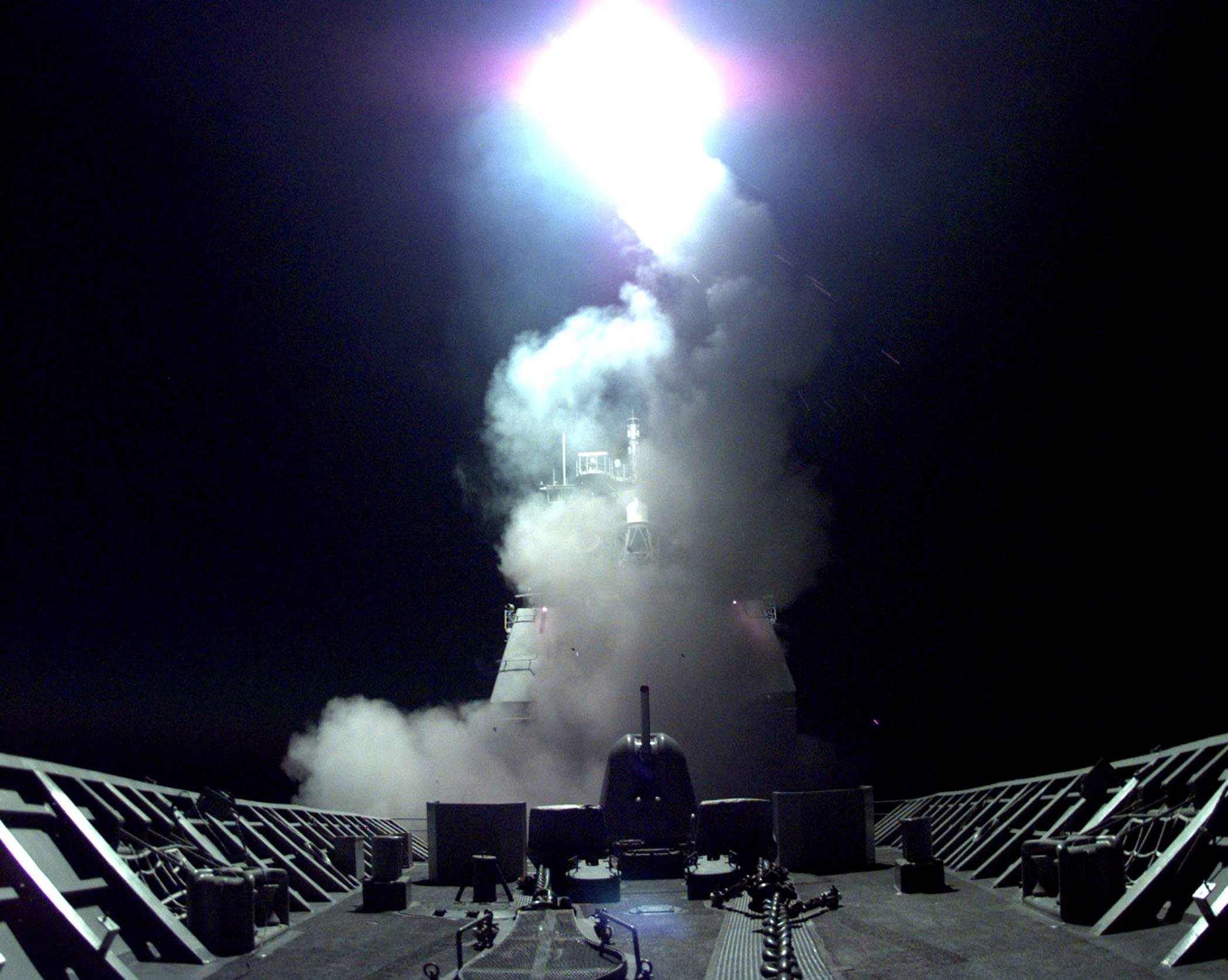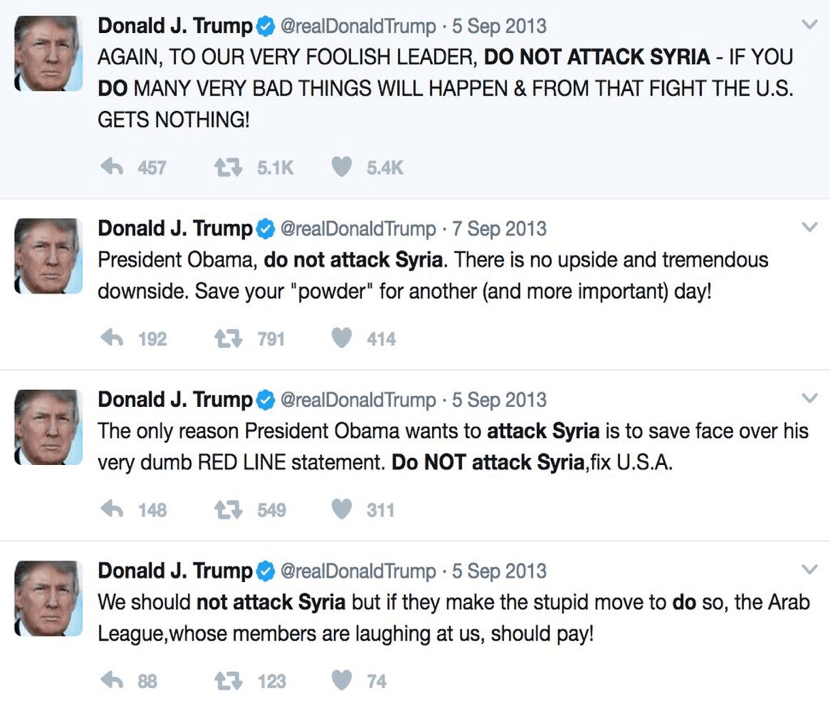The only thing necessary for the triumph of evil is for good men to do nothing. – Edmund Burke
There it is again, chemical weapons being used on the battlefield in Syria against the civilian population. This time at least 70 people were killed. If ever there was a lesson to learn from the Great War, it would be the horror of using chemical weapons – yet still they are being used.

Both the Syrian and Russian governments claimed that chemical weapons were not used on the town of Khan Sheikhoun. The Russian Defense Ministry stated that a Syrian airstrike merely stuck “workshops” that were producing chemical munitions, further accusing terrorist organizations of producing the chemicals with the intent of exporting them into Iraq. But, survivors of the ground claim that munitions were dropped from the air.
The World Health Organization received reports from Health Cluster partners on the ground that patients were suffering from “acute respiratory distress as the main cause of death” which is “consistent with exposure to organophosphorus chemicals” that is used in nerve agents. Videos from the event, unfortunately, would support that claim of chemical weapons being used and the aftermath of such a horrific act against the Syrian people.
On Thursday, in response to the attack, President Trump authorized the launch of 59 Tomahawk missiles striking a Syrian airfield, which officials claim was the origin of the chemical weapons used on civilians. Many view this response as being justified or proportional in response to attack.
Senate Minority Leader Chuck Schumer even stated that “Making sure Assad knows that when he commits such despicable atrocities he will pay a price is the right thing to do,” but now, many are pushing back on the attack as breaking international law or claiming that Congress needs to have more direct oversight of military actions.
Russian deputy ambassador, Vladimir Safronkov, stated the launch was illegitimate and that “It’s not difficult to imagine how much the spirit of these terrorists have been raised after this support from Washington.” Rep. Tulsi Gabbard called the missile strikes as being “short-sighted and reckless,” emphasizing that such actions could escalate a direct confrontation with Russia.
But, when is enough, enough?
Over the last 8 years, the United States took a step back from the international stage and let the world figure it out.
Syria escalated to a 7 year long civil war killing what estimates place between 321,358 to 470,000 people. ISIS rose from the destabilization of both Syria and the withdrawal of U.S. forces inside of Iraq and conducted 143 attacks in multiple countries. The Russian annexation of Crimea has destabilized Ukraine causing a conflict between pro-Russian and the pro-Ukrainian forces. Iran is closer to making nuclear weapons and North Korea is continuing its nuclear weapons testing.
When the chemical attack happened in Syria, people cried out that the U.S. should help – and we did.

But, not even 24 hours after the Tomahawk launch against the Syrian Government, they are denouncing the strike as being hypocritical. Pointing to his response in the 2013 to then President Obama’s calling his “red-line” statement as being “dumb” and stating that all we will get from a war with Syria is “more debt and possible long term conflict.”

Is it hypocritical? Maybe. But, plans or ideas about a situation seem to change once you are in the thick of it.
The problem now is, where do we go from here?
Do we continue the policy of isolationism that the United States has been on for the last 8 years or do we demonstrate peace through strength and help the those who need it? Because if we don’t, who will?
Will it be Russia, China, the European Union or the United Nations?
They won’t do anything, simply because they are either caught up in their own bureaucracy or they don’t care to. If they did, then we wouldn’t have so many problems that the world is facing now.
The United States is at a point, a very fine and divisive point, which could change the way the world views us. By making the choice to enter back into the role of world leader there is a chance we can gain back the influence we previously lost. But, if we choose to continue the isolationist policy, we should not be surprised when a tyrant dictator uses chemical weapons to massacre his own people.
Don’t be surprised when North Korea wipes out Seoul and Tokyo with nuclear weapons or when Iran finally completes their weapons program and launches a missile on Israel.
Don’t be surprised when Russia pushes in on Europe taking back all of the former USSR countries.
Don’t be surprised when genocide after genocide happens and the world is silent to the cries for help.
The world needs more decisive action like the US response to Bashar al-Assad’s use of chemical weapons against his own people to demonstrate that we will not tolerate such acts of murder.
In this connected world, there is no excuse to sit on the sidelines waiting for the worst-case scenario to play out. We have done that many times in the past and millions have died as a result. Now, is the time to show the world that we are ready and willing to become the world leader again.
Coy Mack is an OpsLens contributor, writer, and filmmaker. Coy is also a veteran of the United States Marine Corps, serving in Afghanistan with the 2nd Battalion 7th Marines in 2008.

















